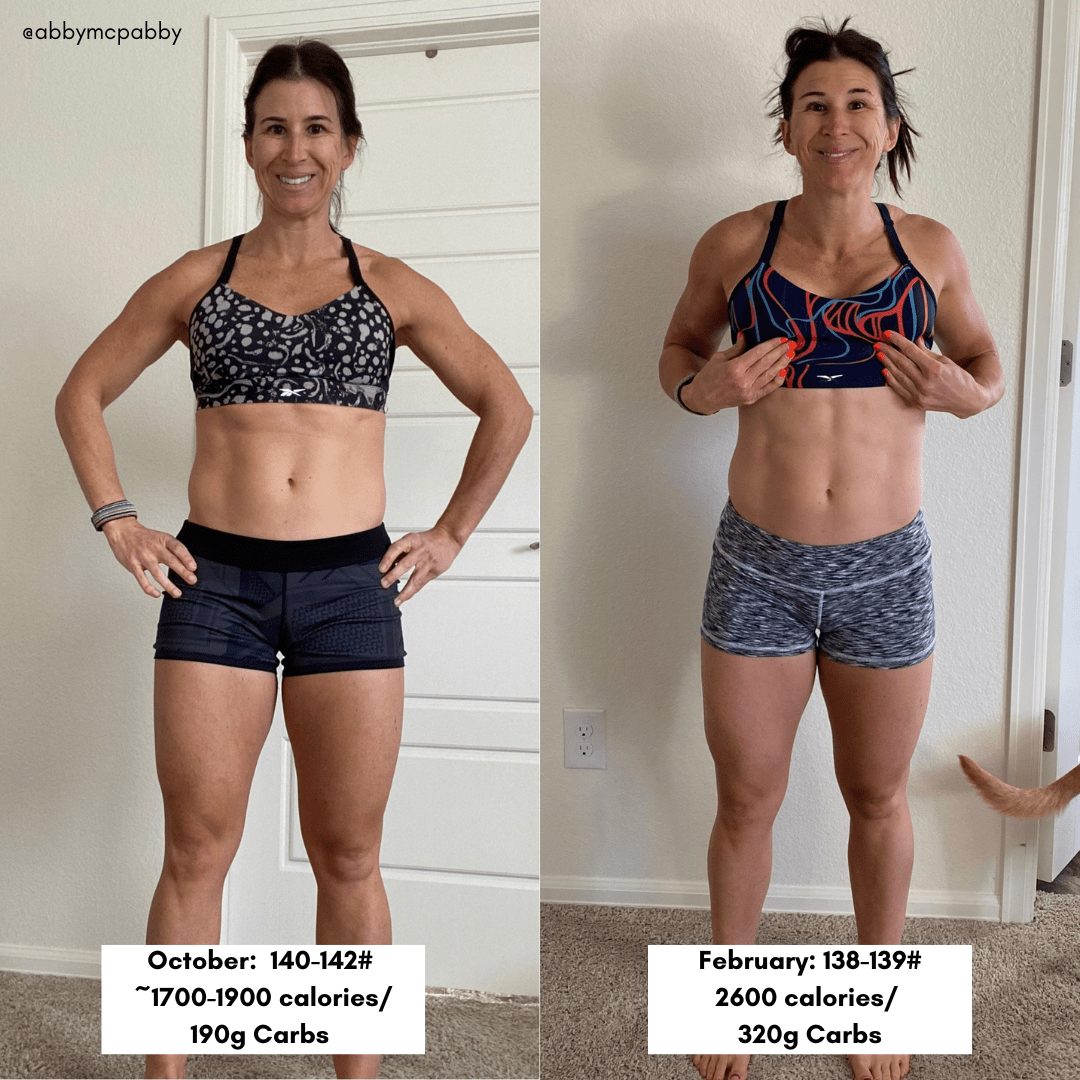Essential Guide to Curing Interstitial Cystitis Through Diet

Essential Guide to Curing Interstitial Cystitis Through Diet
Interstitial cystitis (IC) is a chronic bladder condition that significantly impacts individuals' quality of life. Symptoms can include chronic pelvic pain, frequent urination, and urgency, making it essential to find effective management techniques. This guide focuses on the role of diet in treating interstitial cystitis and aims to provide helpful dietary strategies for improving bladder health through nutrition.
Understanding how dietary changes can alleviate interstitial cystitis symptoms is a powerful tool for many. By assessing the foods we eat, potential irritants, and how hydration impacts bladder health, we can significantly reduce flare-ups and promote overall wellness. Throughout this article, we will cover various aspects of an interstitial cystitis diet, including foods to avoid, healing foods to incorporate, and tips for better hydration.
As you navigate this information, remember that individual responses to specific foods can vary; thus, it’s crucial to listen to your body and consult a healthcare professional when making significant dietary changes. By integrating knowledge from this guide, you can take one step closer to managing interstitial cystitis effectively.
Key takeaways from this guide include insights on anti-inflammatory foods, hydration recommendations, and guidance on creating bladder-friendly recipes. Each section aims to empower you with the necessary tools for dietary management of cystitis.
Understanding Dietary Triggers for Interstitial Cystitis
To effectively manage interstitial cystitis, identifying dietary triggers is crucial. Certain foods can exacerbate symptoms, leading to discomfort and flare-ups. Common bladder irritants include caffeine, alcohol, acidic fruits, and spicy foods. These items may lead to increased urgency and irritation of the bladder lining.
Foods to Avoid with Interstitial Cystitis
Understanding which foods to avoid is an essential part of managing interstitial cystitis. For many, caffeine is a significant irritant that can lead to increased urgency and frequency of urination. Items such as tomatoes, citrus fruits, and vinegar may also cause discomfort due to their acidic nature. Furthermore, processed foods high in sugar and artificial additives may worsen inflammation and contribute to bladder irritation.
The Role of Hydration in Cystitis Management
Hydration plays a pivotal role in managing interstitial cystitis symptoms. Drinking adequate fluids can dilute bladder irritants, potentially alleviating discomfort. Water is the best choice; however, some individuals may tolerate herbal teas or diluted fruit juices better than others. It's important to note the impact of fluid intake on overall bladder health and monitor your body's reactions to different beverages.
Mindful Eating Practices
Adopting a mindful eating approach can assist in identifying specific food sensitivities. Paying attention to how your body responds to various foods and meal timings is key. Keeping a food diary can be a valuable tool in documenting symptoms after consumption, helping you recognize patterns and make informed dietary choices.
Building on these fundamentals, let's dive deeper into specific dietary strategies and foods that can support bladder health and potentially reduce interstitial cystitis symptoms.
Incorporating Healing Foods for Bladder Health
Not all foods are detrimental; many healing foods can be beneficial for those managing interstitial cystitis. Emphasizing whole foods that are anti-inflammatory can aid in symptoms relief while supporting overall bladder health. Prioritizing these foods can result in a more balanced and health-focused diet.
Anti-Inflammatory Foods to Include
Incorporating anti-inflammatory foods such as leafy greens, fatty fish, nuts, and seeds can greatly enhance your diet when managing interstitial cystitis. These foods contain essential nutrients and antioxidants that help reduce inflammation and promote healing. Regularly including turmeric, ginger, and garlic in your meals can also bolster your anti-inflammatory efforts.
The Benefits of Probiotics for Bladder Health
Probiotics play a supportive role in maintaining gut and bladder health. Fermented foods like yogurt, kefir, and kimchi are excellent sources of beneficial bacteria that can aid in digestion and promote a healthy microbiome. A balanced gut can help reduce inflammation and support bladder function, making it a valuable aspect of your interstitial cystitis diet.
Creating Balanced Meals with Healing Foods
When you prepare meals, aim for balance with healing foods to maximize your nutrients. This could be achieved by pairing whole grains (like quinoa or brown rice) with lean proteins (such as chicken or legumes) and a variety of brightly colored vegetables. Using healthy fats, like those from avocados or olive oil, can further enhance your meals and promote satiety while helping manage symptoms.

With an understanding of beneficial foods, let’s explore specific dietary changes and meal planning methods that can lead to symptom relief.
Dietary Changes and Meal Planning for Cystitis Management
Making effective dietary changes and creating a meal plan can significantly impact interstitial cystitis management. By focusing on specific foods and meal preparation methods, you can relieve symptoms and improve bladder health.
Practical Meal Prep Tips
Meal preparation can save time while ensuring healthier choices are readily available. Prepare larger batches of bladder-friendly foods, so you have convenient options throughout the week. Portion-control containers can help you manage your meals effectively, ensuring you eat balanced portions that cater to your needs.
Snack Ideas for Bladder Health
Healthy snacks can help manage hunger between meals while keeping your bladder's needs in mind. Consider options like homemade smoothies with gentle ingredients, rice cakes topped with avocado, or raw vegetables with hummus. Avoiding processed snacks that may contain high sugar or irritants can help maintain better control over your symptoms.
Water-Rich Foods for Optimal Hydration
Besides drinking water, consider incorporating water-rich foods into your diet, such as cucumbers, watermelon, and celery. These foods not only contribute to hydration but also provide essential nutrients, making them ideal for bladder health. Aim for a diverse intake of these foods to ensure you meet your hydration needs while receiving vital nutrients.
Taking the time to make these dietary changes can lead to a more effective interstitial cystitis management strategy, allowing you to experience substantial symptom relief through food.
Supplementation and Vitamins for Bladder Health
Alongside dietary changes, supplementation can play a supportive role in managing interstitial cystitis and bolstering bladder health. Certain vitamins and minerals can enhance your overall well-being and aid in reducing inflammation.
Essential Vitamins for Fighting Inflammation
Vitamins like B6, B12, and vitamin D can be crucial for individuals managing interstitial cystitis. B vitamins help support energy levels while aiding nerve function, crucial for those dealing with pelvic pain. Vitamin D contributes to immune function, which is vital for controlling inflammation and promoting healing.
The Role of Supplements in Cystitis Management
Consulting with your healthcare professional about appropriate supplements can ensure that you target your specific needs. Omega-3 fatty acids, found in fish oil, may help counteract inflammation, while antioxidants can offer protective benefits against cellular damage in the bladder.
Nutritional Strategies for Chronic Pelvic Pain
Incorporating herbal remedies alongside dietary changes can further enhance relief. Herbs like ginger and chamomile can reduce inflammation and promote relaxation, aiding in symptom management. Engaging with health professionals can guide you in selecting appropriate remedies tailored to your condition.

Q&A: Common Questions About Interstitial Cystitis and Diet
What are the best foods to eat for interstitial cystitis?
Foods that are generally well-tolerated include whole grains, vegetables, fruits that are low in acid, lean proteins, and healthy fats like avocados and olive oil. Focus on incorporating anti-inflammatory foods such as turmeric and ginger.
How can hydration affect my symptoms?
Staying adequately hydrated helps dilute bladder irritants, potentially reducing pain and urgency. Aim for sufficient daily fluid intake, mainly through water, and monitor the effects of different beverages.
Are there any recommended supplements for interstitial cystitis?
While it varies by individual, supplements such as omega-3 fatty acids, vitamins B6, B12, vitamin D, and probiotics can support bladder health. Always consult a healthcare professional before starting any new supplements.
With the right dietary approach, symptom relief, and an understanding of dietary triggers, individuals with interstitial cystitis can find solace. Making informed choices about what to eat, how to prepare food, and when to consume meals can make a significant difference in managing this chronic condition.
Remember, navigating interstitial cystitis requires personalization in your dietary choices. Stay informed, experiment with different foods, and embrace the healing journey through nutrition.